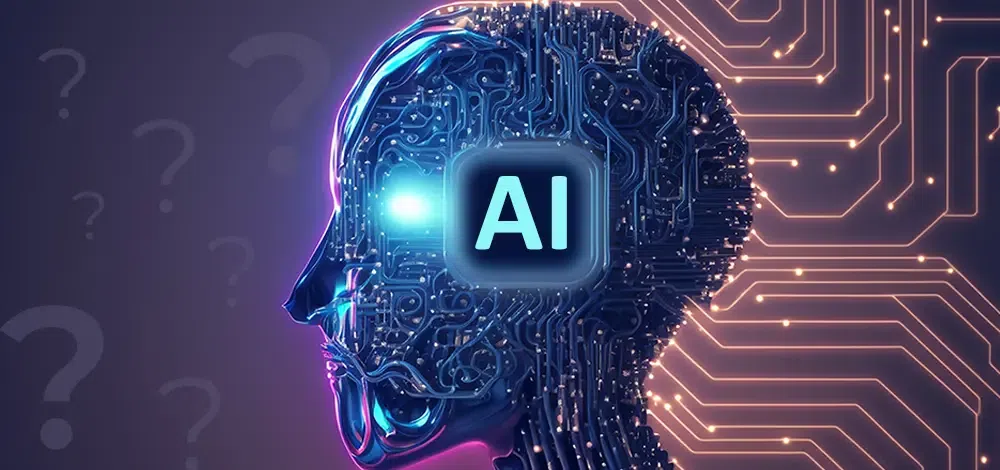This article is authored by Shiv Ranjan, head of technology management & transformation, Sun Life Global Solutions.
Through this evolution, GCCs are not only enhancing operational capabilities but also spearheading technological transformation and accelerated innovation that redefines business strategies and outcomes. Over the past few years, more than 150 multinational corporations have opted for India to establish their GCCs. With 1,600 GCCs now operating in the country, the rise has been nothing short of meteoric. GCCs are currently at an inflection point, emerging as innovation hubs for numerous multinational companies seeking to deliver significant value to their stakeholders. As the GCC model of operational excellence evolves into Value Delivery and Innovation Hubs, it is Artificial Intelligence (AI) and Gen AI that are unlocking their full potential.
‘Global Capability Centres (GCCs) are specialised offices set up by multinational companies in different countries to tap into local talent for various business functions such as information technology and research and development (R&D), marketing and legal services. Currently, GCCs in India are experiencing a period of remarkable growth. What started as a small support ecosystem has now burgeoned into a leading job creator in the country. This transformation underscores the significant role GCCs play in the global business landscape, driving innovation and efficiency for their parent organisations.
As we usher in the era of Gen AI and AI, there lies a remarkable opportunity to revolutionise GCCs and propel them towards exceptional levels of impact, efficiency and innovation. GCCs are leveraging Gen AI in very wide variety of use cases. For instance, many client interfaces have a Gen AI leverage today. From self-services using summarisation engines like summarisation of products, policies and terms to helping agents, advisors, call centre personnel resolve clients’ needs in a timely manner by providing assistance using recommendation engines and summarisation. Internal processes can also be made efficient using Gen AI by leveraging creation engines to write user stories and test cases to reverse engineering of code to derive actionable insights from vast amounts of data (e.g. survey/feedbacks) to basic processes like summarisation of meeting discussions. Employee productivity will get a major push once it is leveraged at scale and employees get used to using the Gen AI tools. Gen AI is also tremendously useful for knowledge management at GCC like training of advisors, agents or employees on products and policies and finding relevant information from vast knowledge base instantly are just a few examples of its deep-seeded impact.
Upgradation of talent is extremely necessary to navigate the future workplace mechanisms. In today’s fast-paced and interconnected business landscape, digital transformation has become an imperative for organizations to stay competitive. Gen AI, representing the digitally native Gen Z, is all set to reshape the workforce and redefine traditional business models. In line with the changing times, GCCs have also evolved from being simply offshore captives of multinational companies to becoming strategic hubs underscoring the country’s ability to adapt, innovate, and lead. India has emerged as the prime destination for GCCs. What is further powering this growth is their expansion to tier-2 cities, thereby, maximising the potential of a steady supply of STEM graduates who are more than equipped to manage functions required in GCCs. With their innate understanding of technology and digital platforms, they bring fresh perspectives and innovative ideas to the table. GCCs have been able to tap this talent base and unlock new avenues for growth and transformation.

Gen AI is slowly turning out to be invaluable for organisations and employees. The sudden integration of AI has obviously meant disruption at many levels and calls for more interventions which may cause a bit of consternation among the workforces. To ensure optimum utilisation of AI and harness its potential for the benefit of everyone, it is important for professionals to upskill and utilise AI for scaling new peaks in their careers. There is an urgent need to bring the talent in line with the needs of the future. Taking note of the rapid inroads made by AI, government, organisations and educational institutions are rethinking and revisiting their current processes, skill ecosystems and taking steps to ramp-up their AI readiness. It is easier said than done but when intent is there, the execution part becomes much easier. The government’s intent at harnessing the potential of AI is also well-established after it approved an outlay of ₹10,372 crore for five years for the India AI Mission, aimed at fostering innovation in AI through public-private partnerships. Most engineering colleges are nowadays offering courses on AI and ML while companies have also initiated executive trainings for senior professionals. Companies have realised that to ride out cycles of disruptions, it is essential to empower employees and help them seamlessly embrace technological changes.

With all the factors playing in favour of the GCC ecosystem and fuelling the country’s growth prospects, Gen AI presents an unprecedented opportunity for GCCs to drive digital transformation and unlock new frontiers. As organisations navigate the complexities of the digital age, embracing Gen AI will be key to thrive in a future swamped with great degrees of uncertainty.
This article is authored by Shiv Ranjan, head of technology management & transformation, Sun Life Global Solutions.
Read More-Galaxy Z Flip 6 ditching AMOLED for LCD on cover display






















